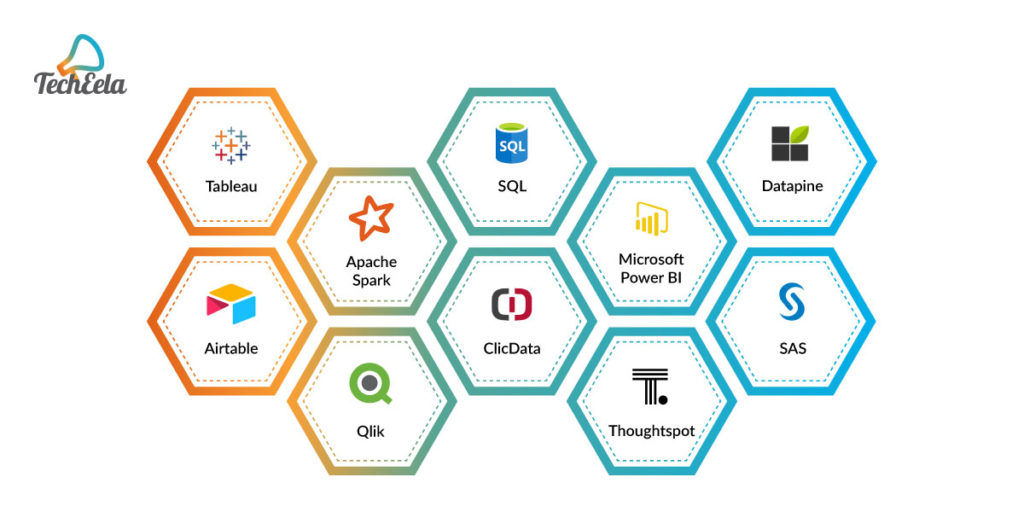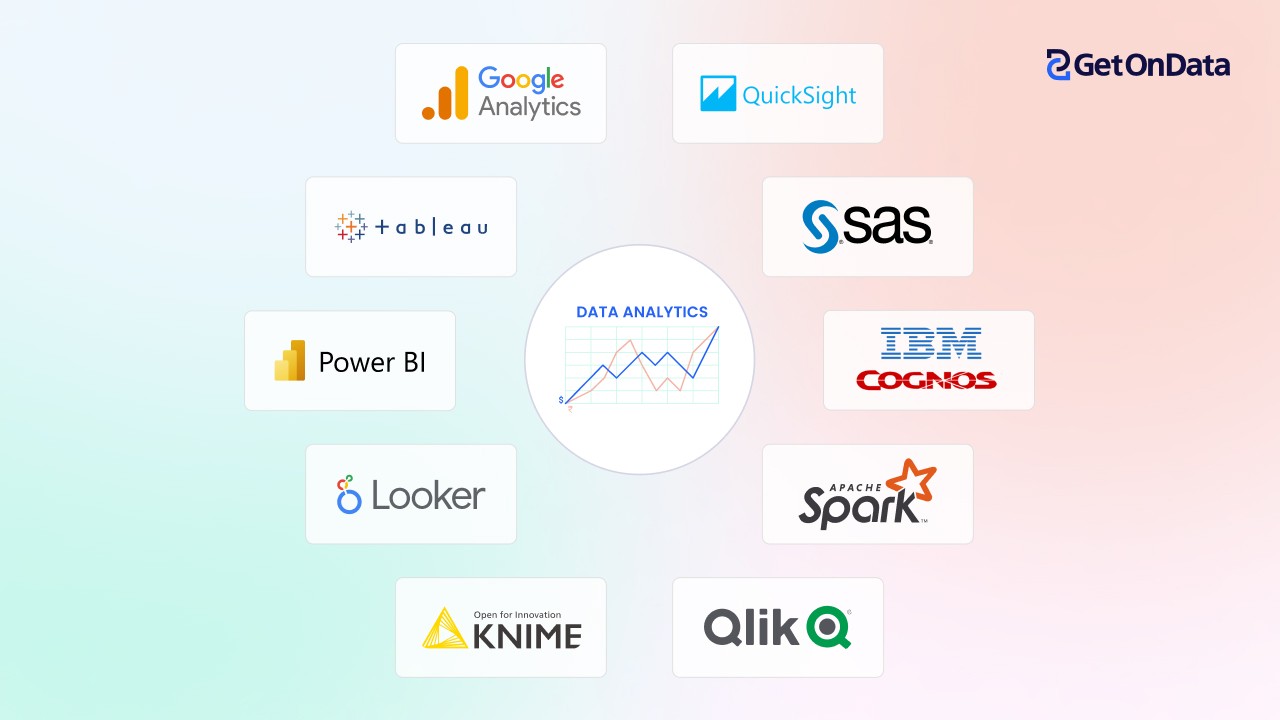Transform Data into Methods with Cutting-Edge Analytics
Transform Data into Methods with Cutting-Edge Analytics
Blog Article
Make Best Use Of Growth: How Analytics Drive Better Techniques
By using data insights, services can improve their operational methods, expect market adjustments, and enhance client interaction. The obstacle exists not only in gathering information yet in effectively translating it to drive concrete end results.
Recognizing Data Analytics
Data analytics is a systematic computational analysis of data that allows companies to reveal purposeful patterns and understandings. This procedure encompasses a variety of techniques, including analytical evaluation, predictive modeling, and information mining, which collectively aim to transform raw information right into workable details - Analytics. By using these methodologies, organizations can make informed decisions that are rooted in empirical proof instead than intuition alone
The foundation of data analytics depends on its ability to handle vast amounts of details from varied resources. This includes structured data, such as data sources, and disorganized information, including social media sites interactions and client responses. Via making use of specialized software program and tools, experts can extract and refine this data efficiently, identifying patterns and connections that might not be promptly obvious.
Comprehending data analytics also includes acknowledging the significance of data top quality and stability. Dependable and accurate data is vital for purposeful analysis; therefore, organizations need to apply durable data governance methods. Additionally, the repetitive nature of analytics enables continual refinement and improvement of techniques, ensuring that companies remain dexterous in the face of changing market characteristics and customer behavior.
Key Benefits of Analytics

One of the vital benefits of analytics is its ability to give workable insights. Organizations can promptly examine huge amounts of information, revealing patterns that may not be promptly apparent.
Another significant benefit is enhanced client understanding. Analytics tools allow services to section their target market, track customer habits, and individualize advertising and marketing initiatives. This targeted approach not only enhances customer involvement but additionally drives higher conversion rates.

Implementing Analytics Strategies
To fully realize the benefits of analytics, organizations have to take on structured approaches for execution. This starts with plainly specifying objectives that align with broader company goals. By establishing specific, quantifiable end results, companies can concentrate their analytics efforts on areas that generate the highest return on financial investment.
Next, organizations need to focus on information administration to make certain the stability and security of the information being assessed. This involves establishing protocols for information collection, storage space, and gain access to while sticking to pertinent laws. Making certain top quality data is critical for generating purposeful understandings.
Moreover, cultivating a society of data-driven decision-making is necessary. This calls for training employees to interpret analytics findings and motivating cooperation across divisions. They are much more likely to incorporate insights right into their everyday operations. when teams comprehend the worth of analytics.
Last but not least, companies must routinely assess and fine-tune their analytics approaches. The landscape of information click here now and technology is consistently developing, and remaining adaptable will permit organizations to utilize new devices and approaches properly. By implementing these structured techniques, organizations can optimize the influence of their analytics initiatives and drive sustainable development.
Devices for Effective Evaluation
Effective analysis depends on a selection of tools that facilitate the removal of insights from information - Analytics. These tools can vary from basic spread sheet applications to advanced machine discovering platforms, each offering a distinct objective in the analytical procedure
Information visualization software application, such as Tableau and Power BI, plays an essential function in changing complex datasets right into understandable graphical depictions. These tools allow experts to identify trends and patterns rapidly, enabling more informed decision-making.
Analytical evaluation software, like R and SAS, provides sophisticated capabilities for carrying out extensive analyses, consisting of regression, hypothesis testing, and predictive modeling - Analytics. These attributes encourage organizations to draw meaningful final thoughts from their data, identifying possible opportunities and threats
Additionally, database management systems such as SQL and NoSQL databases give the needed infrastructure for keeping and quizing big volumes of information successfully. They guarantee that information is arranged and accessible for evaluation.
Lastly, organization knowledge systems integrate different data sources, providing a thorough sight of organizational performance. By utilizing these devices efficiently, companies can enhance their analytical capacities, allowing them to develop approaches that make best use of development and boost total efficiency.
Study of Success
Successful organizations commonly utilize information analytics to drive impactful techniques, as confirmed by a number of remarkable instance studies. By using these insights, Netflix has efficiently tailored its material suggestions, resulting in enhanced customer engagement and subscriber retention.

In addition, Starbucks uses information analytics to figure out optimum shop places and refine its item offerings. By examining client demographics and buying patterns, Starbucks effectively recognizes high-potential markets and tailors its menu to neighborhood tastes, driving sales and customer loyalty.
These study highlight that see this here efficient use of information analytics can cause strategic benefits, promoting innovation and growth within companies throughout numerous sectors.
Final Thought
To conclude, the combination of analytics right into business methods significantly boosts decision-making processes and promotes sustainable development. By leveraging data-driven insights, organizations can determine fads, anticipate market shifts, and maximize operations. The reliable execution of analytics devices additionally sustains click here for info dexterity and development, enabling organizations to navigate affordable landscapes with greater precision. Ultimately, a dedication to analytics not only drives immediate performance enhancements yet likewise safeguards lasting success in an ever-evolving industry.
Information analytics is a methodical computational analysis of data that enables companies to reveal purposeful patterns and understandings.Understanding data analytics likewise involves recognizing the significance of data high quality and integrity. Reliable and accurate data is critical for meaningful evaluation; thus, organizations have to execute robust data administration practices.Next, companies ought to focus on data governance to make sure the integrity and safety and security of the information being analyzed.Successful organizations usually take advantage of information analytics to drive impactful approaches, as evidenced by several significant instance researches.
Report this page